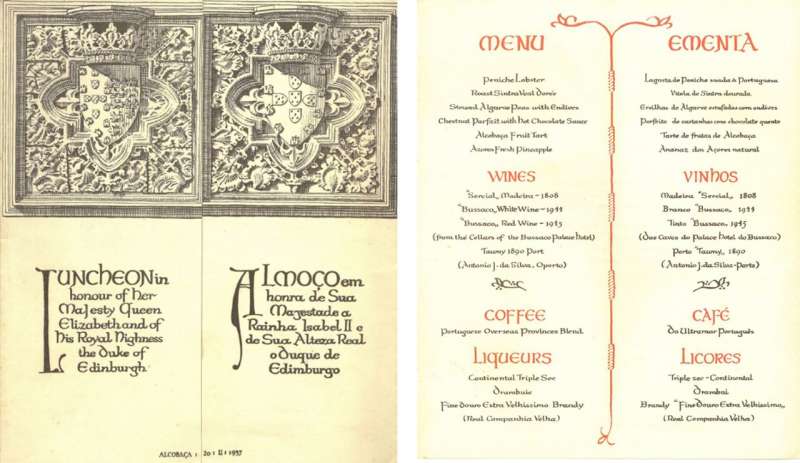Food has long served as a diplomatic instrument, influencing political alliances through the careful selection of menus at state banquets and diplomatic dinners. A recent study conducted by researchers in Portugal examined menus from 457 diplomatic meals spanning from 1910 to 2023, uncovering how culinary choices reflect and influence the nation’s foreign policy.
The research, published in the journal Frontiers in Political Science, highlights the symbolic power of food in diplomacy. “Those meals play a significant role as diplomatic institutions in the execution and continuity of Portuguese foreign policy,” said Óscar Cabral, a gastronomic sciences researcher at the Basque Culinary Center. The study sheds light on how culinary practices have facilitated negotiations and cultural exchanges while conveying messages about Portuguese identity.
Food as a Political Message
Menus can be strategically crafted to communicate political agendas. An example cited by Cabral is the COP25 meal in Madrid, which highlighted climate issues through dish names such as “Warm seas. Eating imbalance” and “Urgent. Minimize animal protein.” This demonstrates how food can transcend mere sustenance, becoming a medium for urgent political discussions.
The researchers noted a shift in culinary diplomacy over time. In the early 20th century, lavish meals primarily featured French cuisine, but this changed significantly during the Estado Novo period from 1950 to 1961/62. Cabral observed a pronounced embrace of Portuguese products and culinary regionalism during this era. “This crystallized in the 1957 ‘regional lunch’ for Queen Elizabeth II, designed to convey a sense of territory and ‘Portugality,’” he explained. The menu featured local delicacies, such as lobster and fruit tarts from Peniche and Alcobaça, underscoring a national identity through cuisine.
Throughout the 1960s and 70s, diplomatic meals began showcasing rare ingredients, such as turtle soup for Prince Philip in 1973 and trout from the Azores served to American and French presidents. However, economic challenges during this time led to a reliance on traditionally Portuguese products, highlighting resource constraints rather than culinary opulence.
Redefining Portuguese Cuisine
The independence of Portugal’s former colonies further transformed the understanding of Portuguese cuisine. Traditional dishes were often served without indicating their colonial origins, reflecting a broader shift in cultural identity. Aspects of the culinary heritage evolved, and menus were adapted to remove colonial language.
The study identified five main functions of diplomatic meals: tactical meals related to territorial transfers, geopolitical meals aimed at reaffirming alliances, economic diplomacy meals fostering trade relations, and cultural proximity meals strengthening ties to specific nations, particularly within the Portuguese-speaking world. “Menus intentionally feature products closely tied to a shared national gastronomy, like Cozido à Portuguesa or codfish recipes,” noted Cabral.
The researchers emphasized the strategic integration of gastronomy into national institutions’ work to enhance the global perception of Portuguese culture. “Our study illustrates how national cuisines can be strategically used to strengthen a country’s global standing,” Cabral explained.
Despite the insights gained, the study is limited by the availability of archival materials from specific historical periods. Future research should aim to clarify the meanings behind seemingly contradictory menu choices, such as roast beef served to the Indian president in 1990. Another notable example is the Consommé de presunto de Barrancos, a thin soup made from cured ham served to King Felipe VI of Spain in 2016. This dish presents a unique cultural challenge, combining French culinary techniques with a quintessentially Portuguese ingredient.
Ultimately, this research highlights the intricate and often overlooked relationship between food and diplomacy, revealing how menus can play a crucial role in shaping political landscapes and cultural identities.





































































